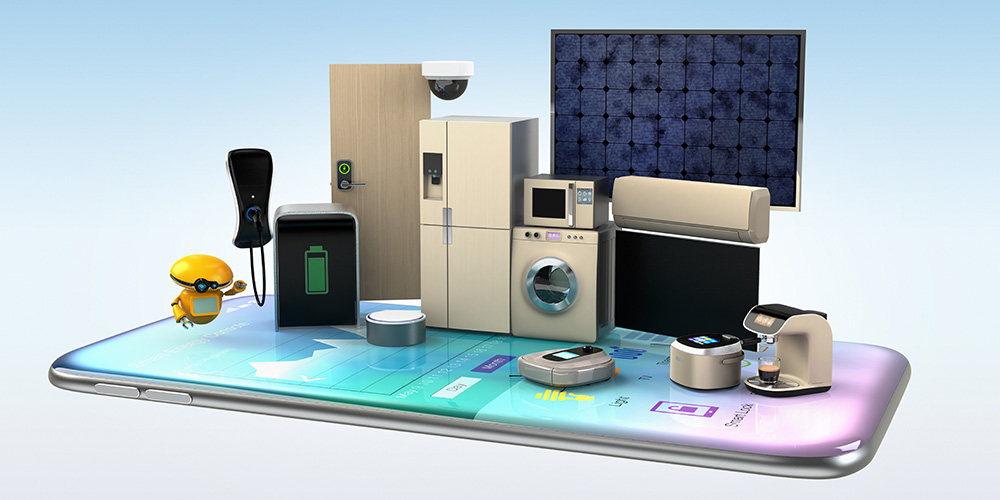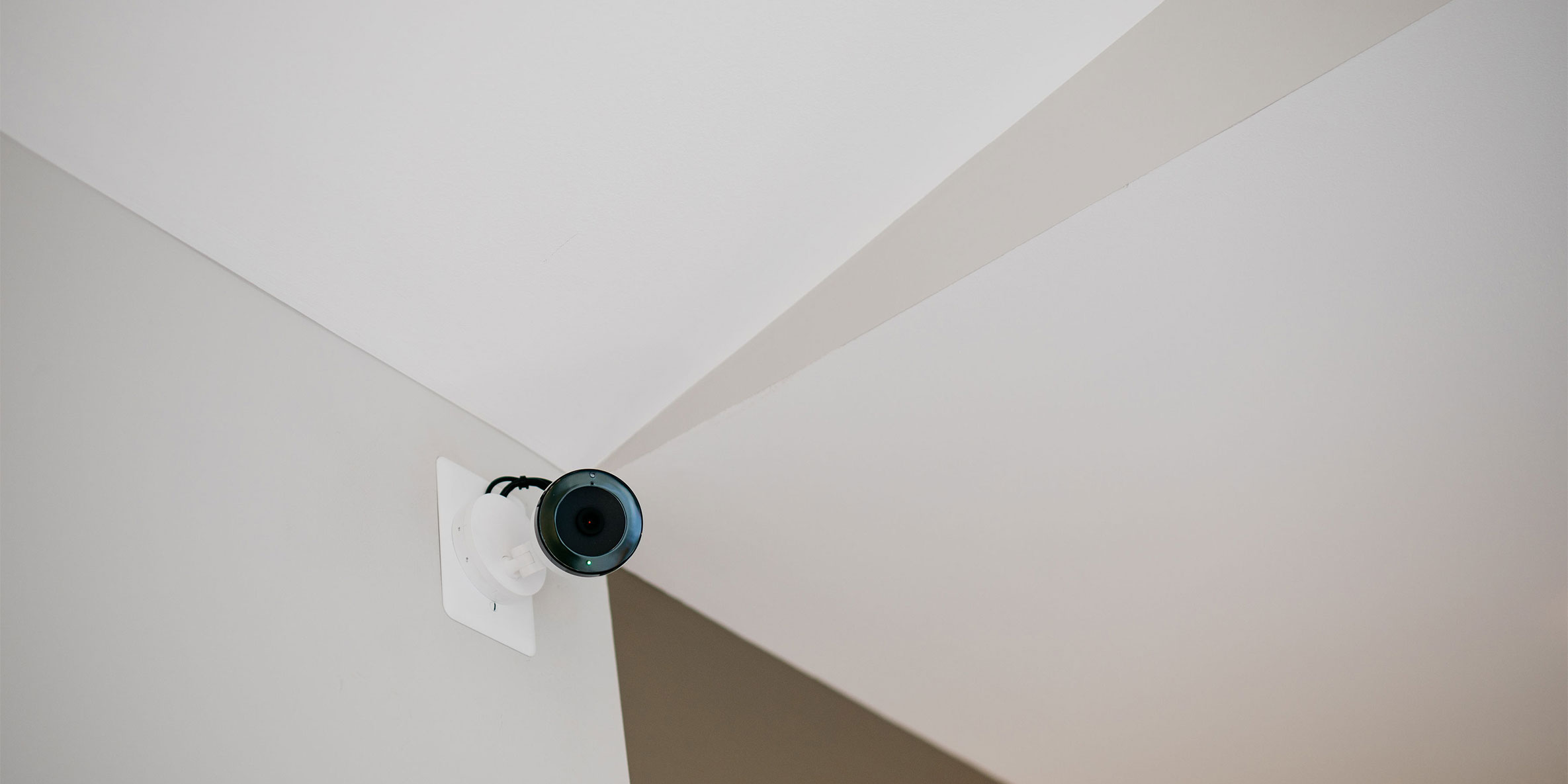Today, homeowners face a crucial decision regarding home security. Should they choose a wired or wireless security system? This choice isn't just about wires versus no wires. It's about understanding the distinct benefits and potential drawbacks of each system to ensure your home's safety.
Whether you're looking for a robust, permanent setup or a flexible, modern solution, knowing the ins and outs of these systems can make all the difference. Let's explore the key areas to consider when making your decision.
1. Installation
Wired: Wired systems require a professional installation process and often involves running cables through walls and ceilings. These projects can take several hours or even days, depending on the size of the property and the complexity of the system. While the initial setup is more labor-intensive and costly, the result is a permanent and stable installation that doesn't rely on wireless signals.
Wireless: Wireless systems are designed for easy installation, with setup usually being less intensive than wired systems. They generally don't require extensive drilling or cabling, making them ideal for individuals looking for a minimally invasive setup. Wireless components are more adaptable, meaning you can relocate them if needed. However, this convenience can come at the cost of occasional connectivity issues.
2. Monitoring and Management
Wired: Wired systems are usually connected to a central monitoring station through landlines, which provides a reliable connection for emergency response but can be vulnerable if the lines are cut. Management is often done via a physical control panel installed in the home, which may not offer remote access or real-time alerts.
Wireless: Wireless systems leverage Wi-Fi or cellular networks to provide real-time monitoring and management. Many systems connect to mobile apps that allow homeowners to monitor their homes, receive alerts, and control the system remotely, providing flexibility that is useful for those who travel frequently or want to keep an eye on their property from anywhere.
3. Connection and Stability
Wired: The hardwired nature of these systems means they are less susceptible to interference or signal loss. Wired security systems are more reliable in areas with poor cellular coverage or Wi-Fi connectivity. However, these systems can be compromised if intruders physically disable the wiring.
Wireless: Wireless systems depend on Wi-Fi or cellular signals, which can sometimes be affected by network congestion, physical obstructions, or interference from other devices. Some systems offer dual-path communication, using both Wi-Fi and cellular networks to ensure a more reliable connection. Additionally, wireless systems are generally more secure against physical tampering, as there are no visible wires to cut.
4. Integration with Smart Home Devices
Wired: Wired systems may offer limited compatibility with modern smart home devices. They often require additional wiring to connect with lights, thermostats, and other household devices.
Wireless: Wireless systems are designed with modern technology in mind and often come pre-equipped to integrate with a wide range of smart home devices. They can easily connect to voice assistants, allowing for voice control and automation. The seamless integration of wireless security systems makes it easier to create a connected smart home ecosystem.
5. Maintenance and Power Supply
Wired: Wired systems are usually powered by the home's electrical system, with battery backups in case of power outages, making them low maintenance in terms of power but might require occasional professional servicing for system updates or repairs. The battery backups also need to be checked periodically to ensure they are functioning properly.
Wireless: Wireless security systems typically run on batteries, which means they require more frequent maintenance to replace or recharge these batteries. While this adds a layer of upkeep, these systems are more reliable during power outages. Some wireless systems offer long-lasting batteries that only need replaced every few years, minimizing the maintenance burden.
Choosing the Right Home Security System for You
Given the complexities and various features available with modern security systems, working with a professional security provider, like Vector Security, is crucial. We can assess your home's specific needs, guide you through the latest technologies, and tailor a security system that perfectly fits your lifestyle and budget.
Choosing the right home security system involves more than comparing wired and wireless options. We’re here to ensure you get comprehensive protection and find the solutions that are the best fit for you. Contact us to learn more.



